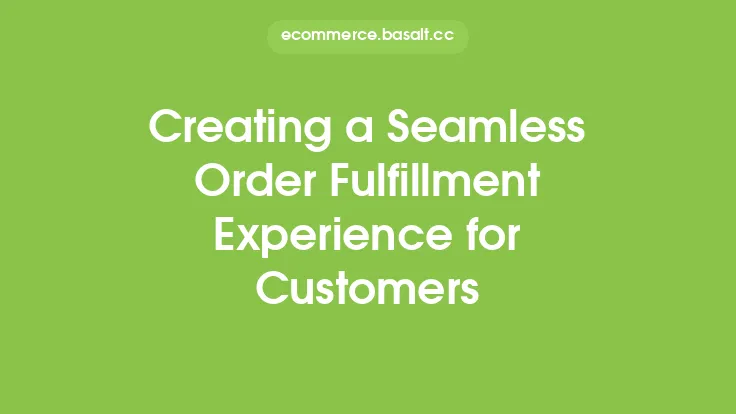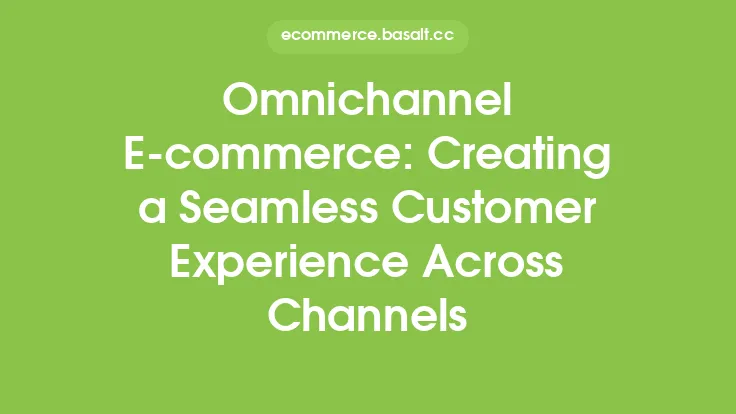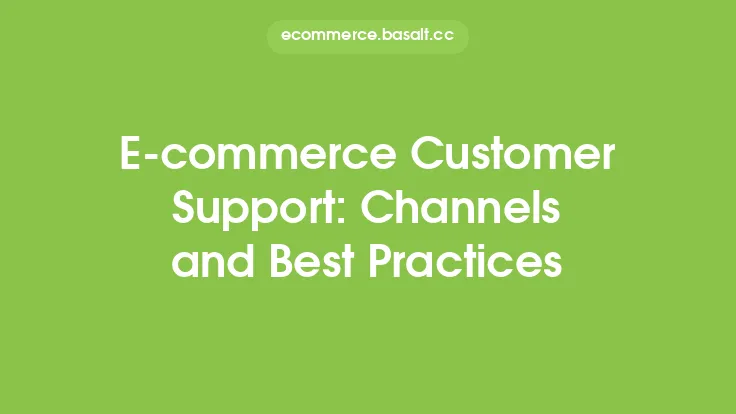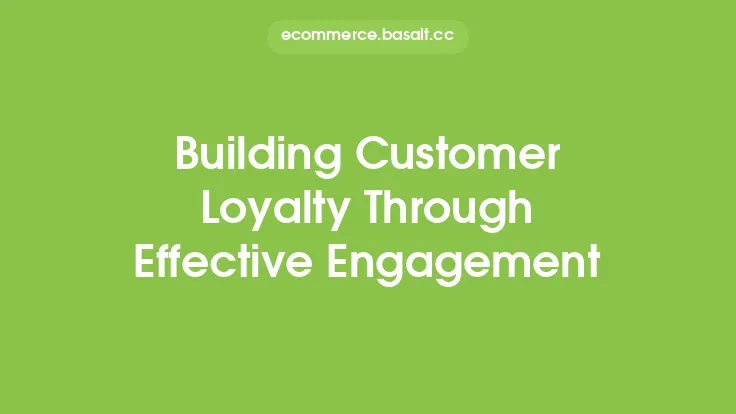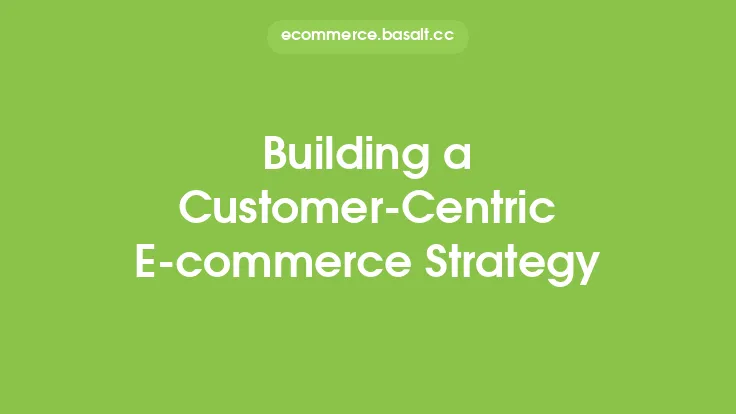In today's competitive e-commerce landscape, providing exceptional customer service is crucial for building a loyal customer base and driving business growth. One key aspect of delivering outstanding customer service is proactive support, which involves anticipating and addressing customer needs before they become major issues. By taking a proactive approach to customer support, e-commerce businesses can create a positive customer experience, reduce support queries, and increase customer satisfaction.
Understanding Proactive Support
Proactive support is a customer-centric approach that focuses on preventing problems rather than just solving them. It involves being proactive in identifying potential issues, providing timely solutions, and offering personalized support to customers. This approach requires a deep understanding of customer needs, preferences, and behaviors, as well as the ability to anticipate and address potential pain points. By being proactive, e-commerce businesses can demonstrate their commitment to customer satisfaction and build trust with their customers.
Benefits of Proactive Support
The benefits of proactive support are numerous and well-documented. Some of the key advantages of proactive support include:
- Reduced support queries: By addressing potential issues before they become major problems, proactive support can help reduce the number of support queries and minimize the workload of customer support teams.
- Increased customer satisfaction: Proactive support demonstrates a commitment to customer satisfaction and can help build trust with customers, leading to increased loyalty and retention.
- Improved customer experience: Proactive support can help create a positive customer experience by providing timely and personalized solutions to customer needs.
- Competitive advantage: E-commerce businesses that offer proactive support can differentiate themselves from competitors and establish a reputation for exceptional customer service.
Strategies for Implementing Proactive Support
Implementing proactive support requires a strategic approach that involves several key steps. Some of the strategies for implementing proactive support include:
- Analyzing customer data: E-commerce businesses can analyze customer data to identify patterns and trends that can help anticipate potential issues and provide personalized support.
- Providing proactive communication: Proactive communication involves keeping customers informed about the status of their orders, shipments, and other relevant information.
- Offering personalized support: Personalized support involves providing tailored solutions to customer needs and preferences.
- Using technology to enhance support: Technology, such as chatbots and AI-powered support tools, can be used to enhance proactive support and provide 24/7 support to customers.
Best Practices for Proactive Support
To get the most out of proactive support, e-commerce businesses should follow several best practices. Some of the best practices for proactive support include:
- Being responsive: Proactive support requires being responsive to customer needs and providing timely solutions to potential issues.
- Being proactive: Proactive support involves anticipating potential issues and addressing them before they become major problems.
- Being personalized: Proactive support should be personalized to meet the unique needs and preferences of each customer.
- Being transparent: Proactive support should be transparent, with clear communication and regular updates on the status of customer issues.
Tools and Technologies for Proactive Support
Several tools and technologies can be used to enhance proactive support and provide exceptional customer service. Some of the tools and technologies for proactive support include:
- Chatbots: Chatbots can be used to provide 24/7 support to customers and help address common issues and queries.
- AI-powered support tools: AI-powered support tools can be used to analyze customer data and provide personalized support to customers.
- Customer relationship management (CRM) software: CRM software can be used to manage customer interactions and provide proactive support to customers.
- Help desk software: Help desk software can be used to manage support queries and provide timely solutions to customer issues.
Measuring the Effectiveness of Proactive Support
To measure the effectiveness of proactive support, e-commerce businesses should track several key metrics. Some of the metrics for measuring the effectiveness of proactive support include:
- Customer satisfaction ratings: Customer satisfaction ratings can be used to measure the effectiveness of proactive support and identify areas for improvement.
- Support query reduction: The reduction in support queries can be used to measure the effectiveness of proactive support and demonstrate its value to the business.
- Customer retention rates: Customer retention rates can be used to measure the effectiveness of proactive support and demonstrate its impact on customer loyalty and retention.
- Net promoter score (NPS): NPS can be used to measure customer loyalty and satisfaction, and demonstrate the effectiveness of proactive support in driving business growth.
